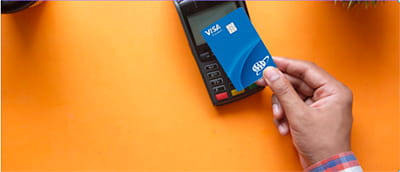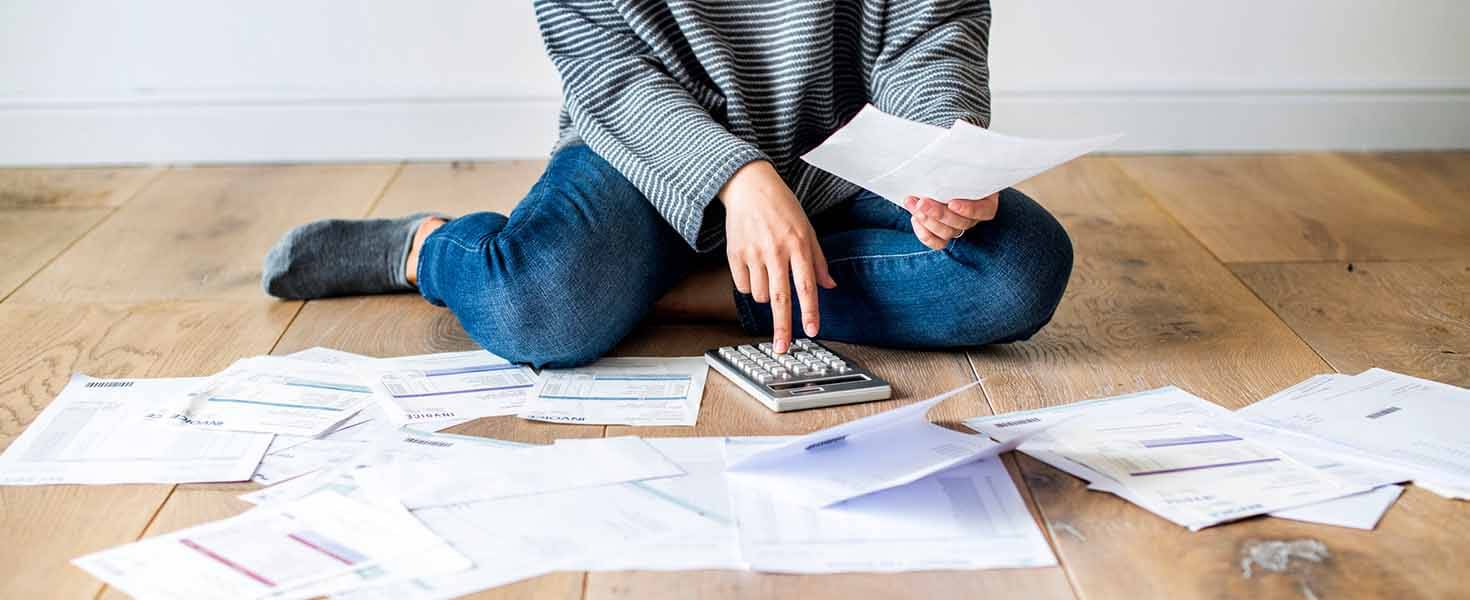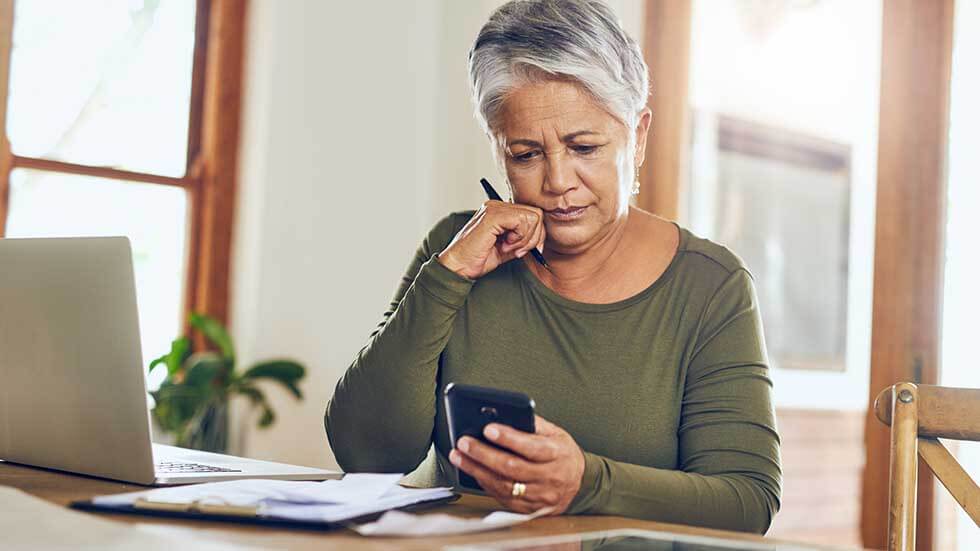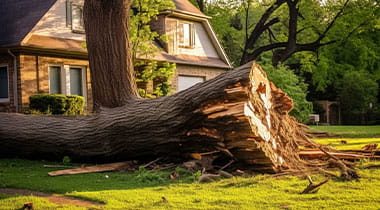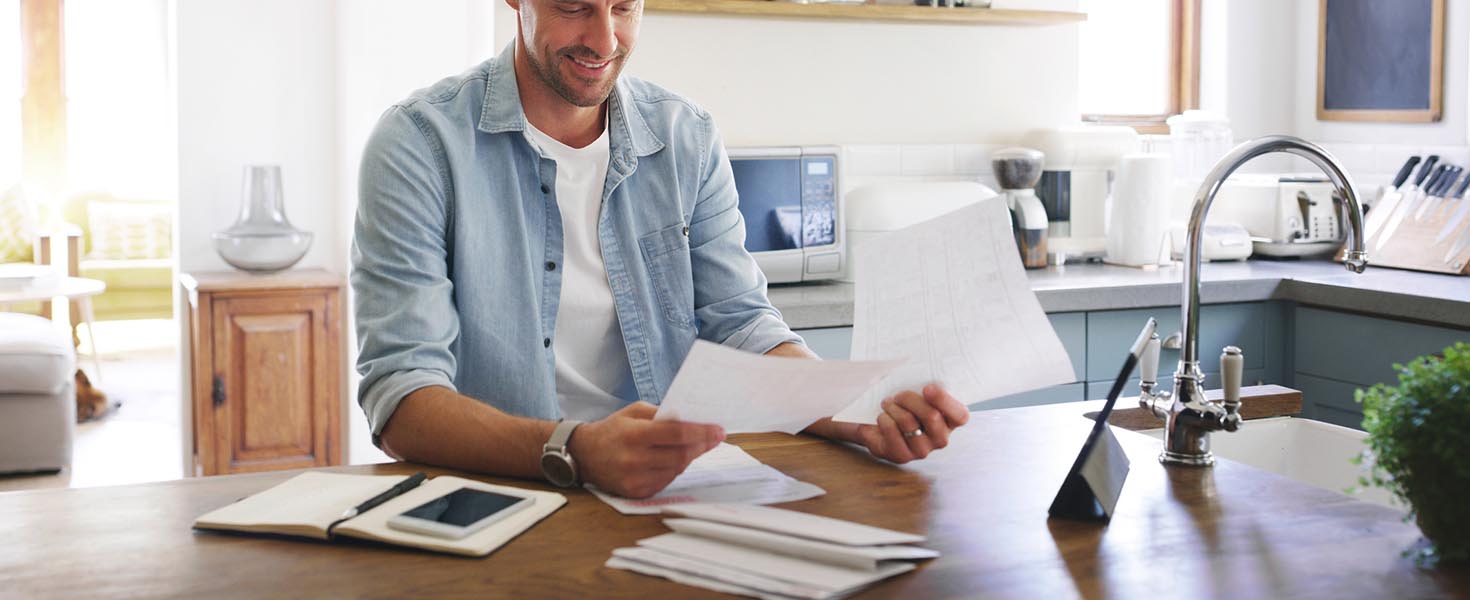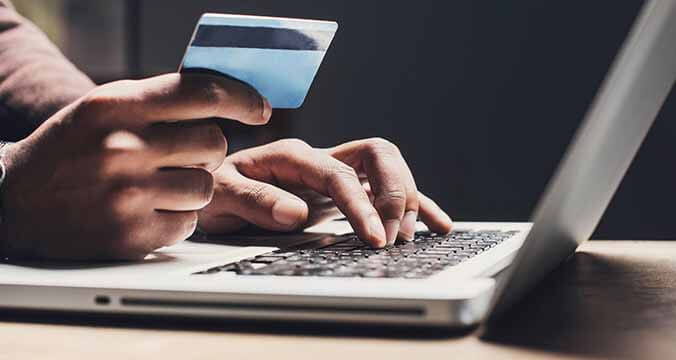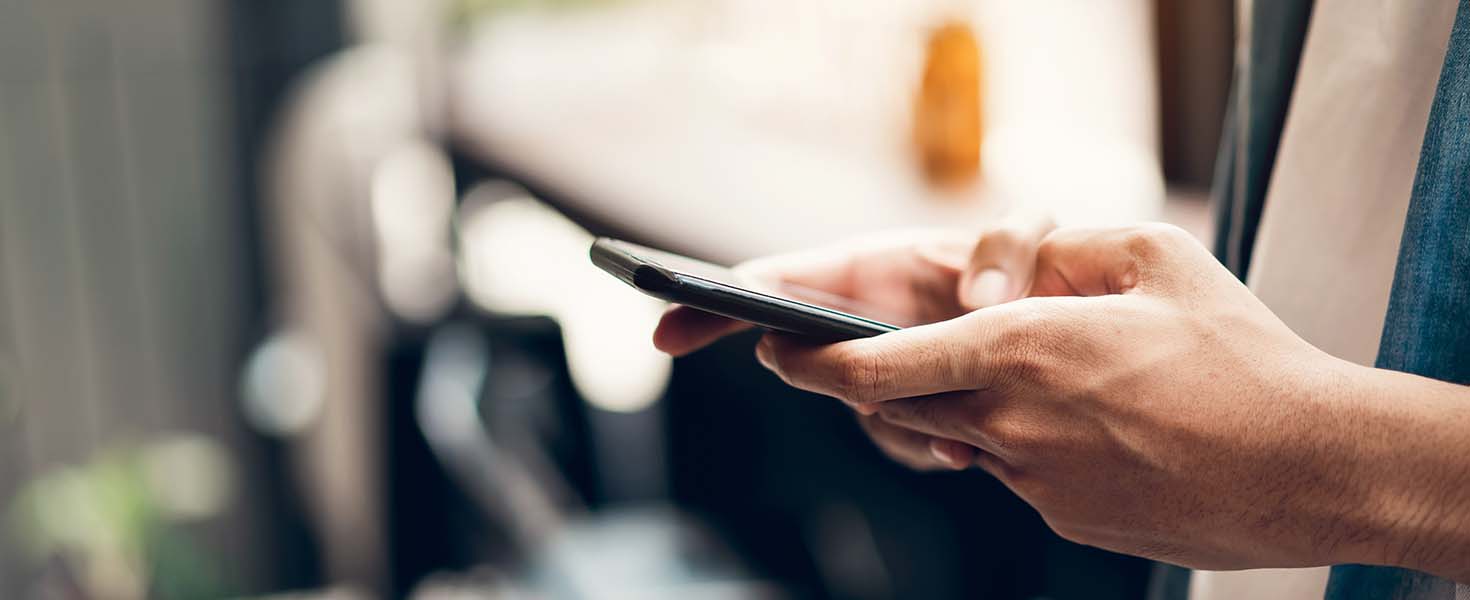You went to college and got your first credit card. You went on a spring break trip—on the credit card. You graduated (congrats!) with a lot of student debt. You leased a slick car. You bought a big house. You furnished the house—thanks again, Mr. Credit Card. Now you’re paying a lot of money each month and not getting anything new to show for it. To get out from under this mountain of debt you need a plan with a clear start and endpoint you can visualize.
THE DEBT YOU'VE YET TO INCUR
The first step to paying off debt is to save money. It may seem counterintuitive to save money when you could be putting it against debt. However, an emergency will come sooner or later, and if you don’t have any cash to respond to that emergency, you will turn to credit cards and make the debt problem worse. Therefore, the first step to getting out of debt is ensuring you have the means to pay for emergencies.
THE DEBT YOU'RE BEHIND ON
The next step is to get current on all accounts. If you missed a payment or two, put all your extra cash toward getting that account in good standing. Not only will this help your credit score, it’ll stop the extra fees and penalties.
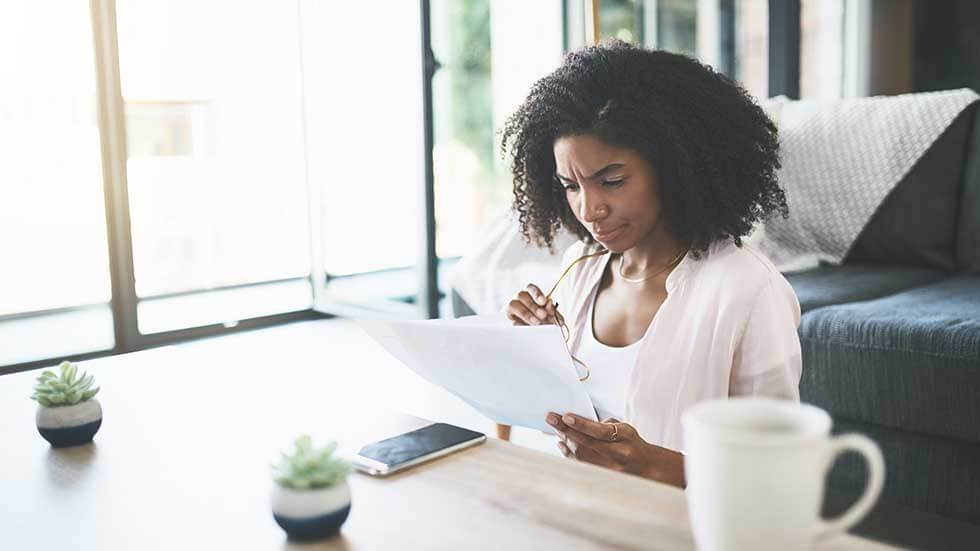
THE DEBT WITH THE HIGHEST INTEREST RATE
Now is the time to sit down and list out the interest rates on all your credit cards, car loans, and student debt. Whichever debt has the highest interest rate, start throwing all extra cash at that account. Pay the minimum payment on all other accounts. When the account with the highest rate is paid off, move on to the next debt. This systematic process will take time, but it will save you the most money in the long run.
THE MORTGAGE
It’s a safe assumption that your mortgage is among the lower interest rate debts that you have, so stick to making your standard mortgage payment for now. When all of your other debt is settled and you’ve started saving for retirement and your kid’s college tuition if applicable, then you can investigate whether paying off your house early makes financial sense for you.
HEADS UP
Throughout this process, keep an eye on your credit score and your debt-to-credit ratio (total debt divided by aggregate credit limits). As your credit score goes up and your debt-to-credit ratio goes down, see if there are any balance transfer options or personal loans available to you. A balance transfer opportunity could pause interest payments for some time, and a personal loan could merge multiple credit cards with higher interest rates into one monthly payment at a lower rate, which saves you cash and further improves your credit score in the process.



